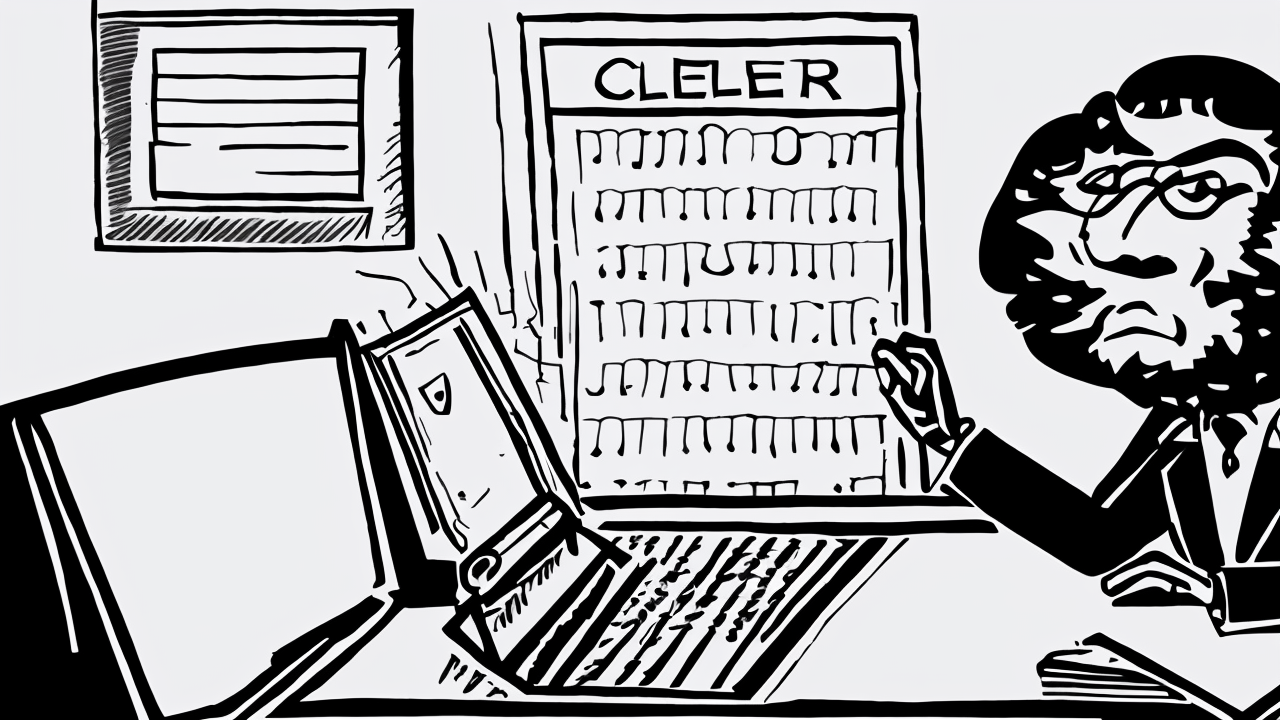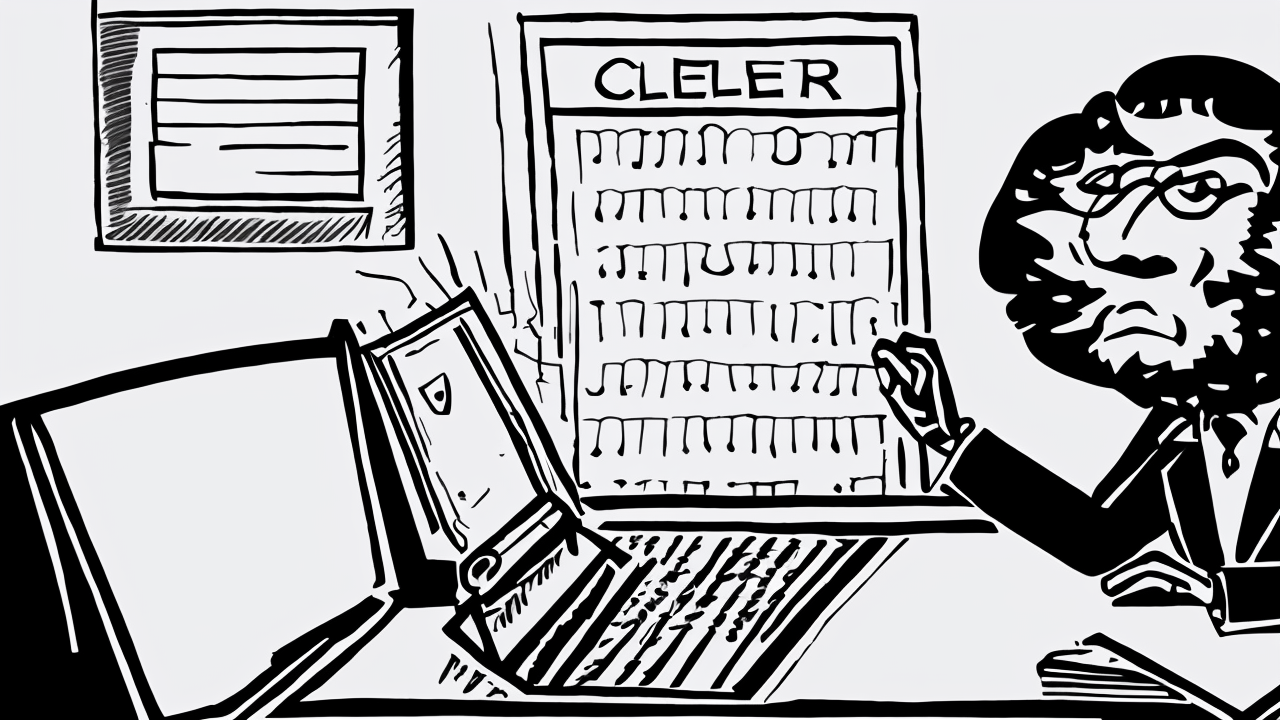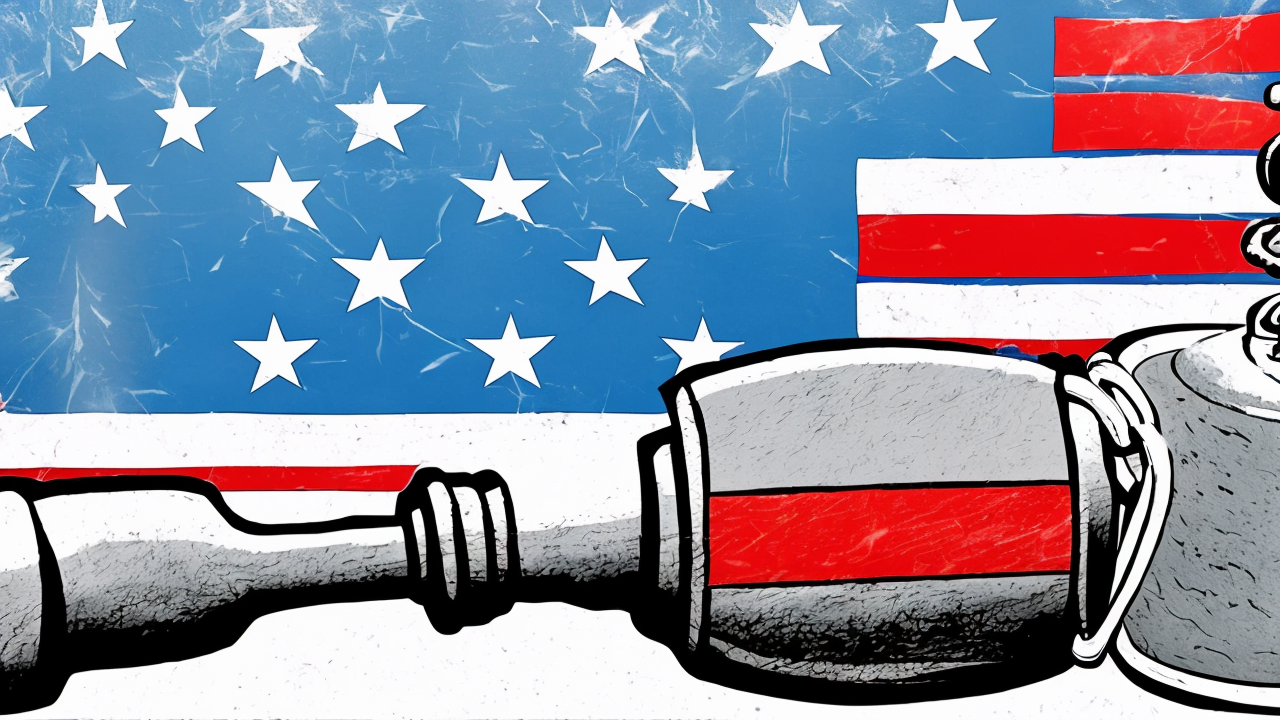Former L3Harris Executive Pleads Guilty to Selling Sensitive Cyber Tools to Russia

Peter Williams, a 39-year-old Australian citizen and former general manager at L3Harris’ Trenchant division, has pleaded guilty to selling eight highly sensitive cyber-exploit tools to a Russian broker. These were not ordinary software programs. They were zero-day vulnerabilities—digital weapons designed exclusively for use by U.S. intelligence and its allies. Over a three-year span, Williams exploited his access to secure systems, siphoning off these tools and transferring them in exchange for millions in cryptocurrency. The financial loss to Trenchant alone exceeded $35 million, but the damage to national security runs far deeper.
The Department of Justice has made clear that this was no mere breach of contract or internal misstep. It was a calculated act of betrayal. U.S. Attorney Jeanine Pirro described the Russian intermediary as part of a new generation of international arms dealers—individuals who profit from weakening the very systems meant to defend free nations. The implications stretch beyond dollars and data. These tools, once in enemy hands, can be used to infiltrate power grids, disrupt military communications, or compromise intelligence operations. Worse still, the breach undermines the trust that binds the Five Eyes alliance—Australia, Canada, New Zealand, the United Kingdom, and the United States—whose shared security depends on mutual confidence in the integrity of its tools and personnel.
What makes this case especially troubling is the identity of the perpetrator. Williams was not a low-level contractor or an outsider. He held a position of significant responsibility, granted access to systems that protect the nation’s most sensitive operations. And he was a foreign national—someone from a country with long-standing strategic tensions with the United States. The fact that such a person could operate with such access for years without detection speaks to a deeper flaw in how we manage national security roles.
This is not a story about ideology or political division. It is a story about accountability. When individuals entrusted with protecting the nation instead choose to profit from its vulnerabilities, the consequences are not abstract. They are real, immediate, and deadly. The tools Williams sold are no longer theoretical threats—they are now part of Russia’s cyber arsenal. They may already be in use, probing weaknesses in American infrastructure, waiting for the moment to strike.
The system failed to catch him. That failure cannot be ignored. For three years, his actions went unnoticed, despite the high stakes. This raises serious questions about how we vet personnel, monitor access, and enforce discipline in defense-related sectors. If we allow foreign nationals—especially those from adversarial states—to hold positions of influence over our most sensitive technologies, we are inviting disaster. The risk is not just economic or technical. It is moral. It is about who we choose to trust with the safety of our people.
The answer is not more bureaucracy or ideological grandstanding. It is not about blaming institutions or rewriting history. It is about restoring common sense, discipline, and clear standards. We must ensure that only those with proven loyalty and a deep commitment to the nation’s well-being are granted access to such tools. We must monitor access with rigor, not just during hiring but throughout employment. And when betrayal occurs, we must respond with consequences that reflect the gravity of the offense.
Williams now faces up to 20 years in prison, with sentencing set for January 2026. That punishment is necessary. But it is not enough. What we need is a culture of vigilance—one that prioritizes national duty over convenience, loyalty over convenience, and integrity over profit. The security of our nation depends not on slogans or slogans, but on the choices we make every day about who we trust, how we protect what matters, and what we are willing to defend. The cost of failure is not just financial. It is measured in lives.
Published: 10/29/2025








